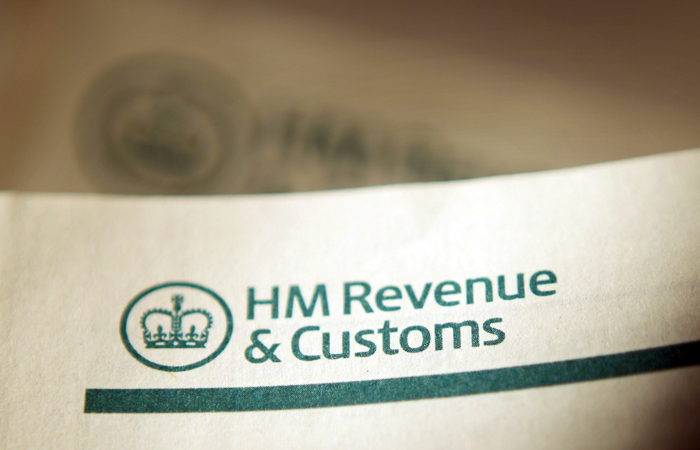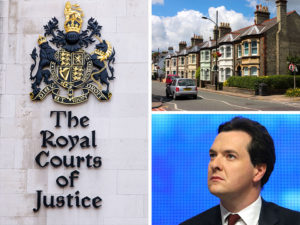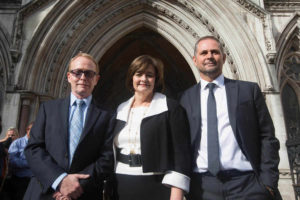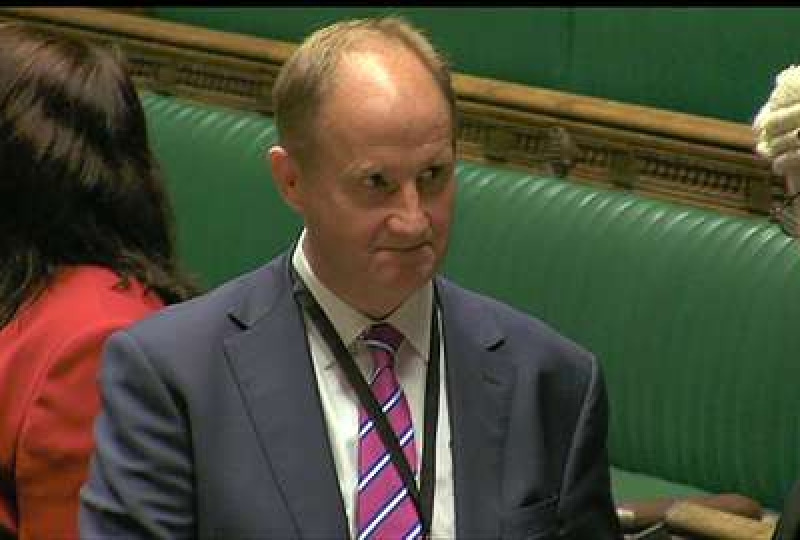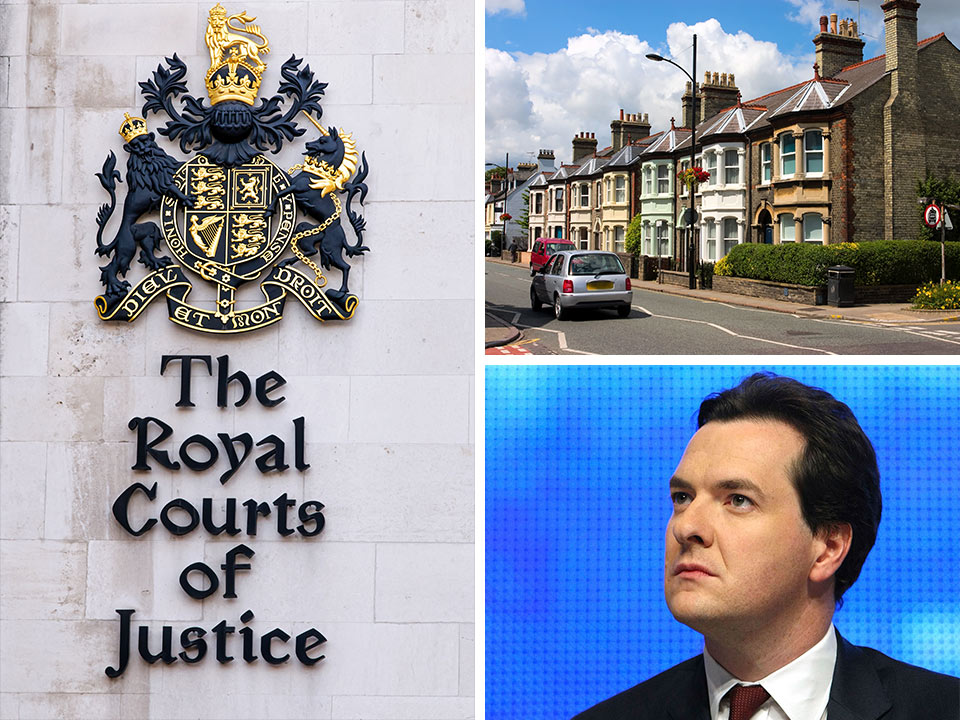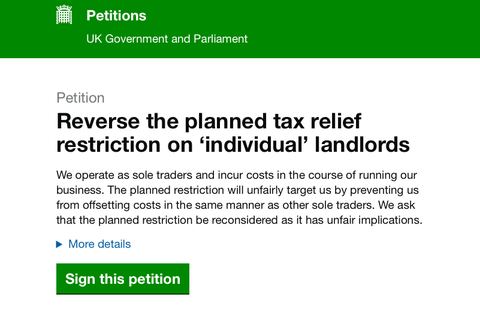Thirty per cent of landlord have hiked rents in response to tax and regulatory changes according to a new survey of the rental market.
The study conducted by BDRC Continental on behalf of Foundation Home Loans revealed that 30 per cent of landlords have hiked rental prices, with the greatest proportion doing so in the East Midlands (41 per cent).
More than a third – 38% – of landlords said they had reviewed the size of their portfolios to ensure they could withstand any creeping costs, while 7% have sold off properties to either reduce portfolio sizes or diversify.
Furthermore, 19 per cent of landlords with 20 or more rental properties have reduced the size of their property portfolios by selling off property.
Aside from political uncertainty, many landlords have been deterred by recent tax changes, including the phasing out of tax relief for higher-rate taxpayers and the introduction of a 3% stamp duty surcharge.
Jeff Knight, marketing director, Foundation Home Loans, said: “Landlords have been met with a raft of changes, from stamp duty charges to shifts in tax policy, and the lack of certainty on the political front has clouded the picture somewhat. The response has been to ‘batten down the hatches’, streamlining larger portfolios and protecting income by increasing rents – decisions that can be reviewed once the buy to let market is more accommodating.
“The fact remains that, whether it’s as a stepping stone to home ownership or a longer term lifestyle decision for tenants, the rental sector is an increasingly important part of the housing mix. This will ultimately be best served by a wide choice of property, and good landlords who can have confidence in decent returns.”
Percentage of UK landlords who raised rents, by region
| UK | 30% |
| East of England | 33% |
| East Midlands | 41% |
| London (Central) | 24% |
| London (Outer) | 24% |
| North East | 23% |
| North West | 35% |
| Scotland | 15% |
| South East | 33% |
| South West | 31% |
| Wales | 23% |
| West Midlands | 31% |
| Yorkshire | 31% |
Percentage of UK landlords who reviewed portfolio size, by region
| UK | 38% |
| East of England | 40% |
| East Midlands | 50% |
| London (Central) | 45% |
| London (Outer) | 40% |
| North East | 43% |
| North West | 34% |
| Scotland | 35% |
| South East | 40% |
| South West | 38% |
| Wales | 32% |
| West Midlands | 35% |
| Yorkshire | 28% |
The Renters Alliance helps renters with bad landlords and letting agents. If you have a story you would like to share, please contact the National Renters Alliance through our website or email us at contact@nralliance.co.uk

